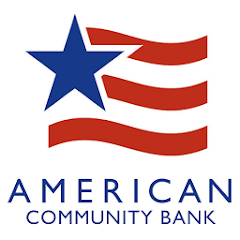Online Account Takeover |
Online Account TakeoverCriminals have their eye on your financial accounts. They want access. Call it a takeover attempt – a HOSTILE takeover. Account takeovers happen when the wrong people dig up enough of the right private information about you to gain access to your checking or savings accounts. Then they strike - either moving big chunks of your money at once, or small amounts a bit at a time … hoping you don’t notice. What’s happening is a form of identity theft... because the more that bad people know about you, the easier it is for them to access your money. Here are some things you can do to protect personal information to help battle takeover attempts:
You also need to stay alert … and check your financial statements regularly to make sure your money is safe. Here are some things you can do to spot a possible takeover:
Think smart and stay alert … both are great defenses against account takeovers. |
